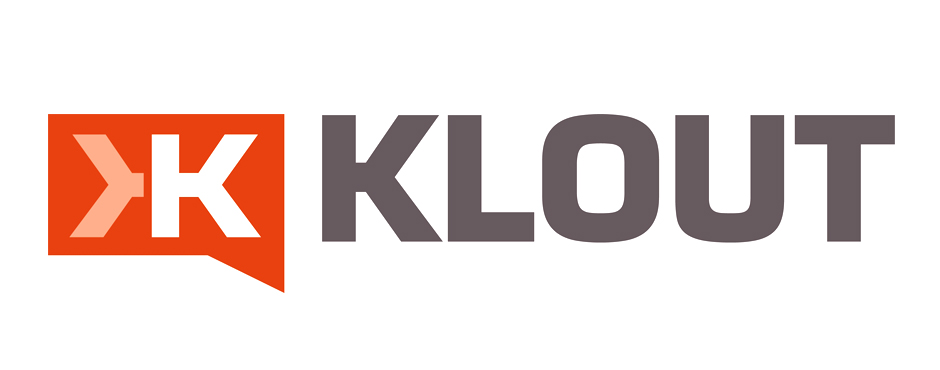The other day my colleague Lindsay shared a story with us about Klout, a service that measures your online influence and gives you a score between 1 and 100. Apparently it’s been getting people up in arms! It seems to have the power to make or break careers, brands and social statuses …but how and why does this service and your score have so much power?
What is Klout and the Klout Score?
Simply link up your social media accounts to Klout and the Klout Score measures influence based on your ability to drive action online. Every time you create content or engage online you influence others. The Klout Score basically tells the world how influential of a social networker you are through your:
- True Reach: How many people you influence. Klout looks at who acts, shares and responds to your content.
- Amplification: How much you influence others. To attain this, Klout looks at how many people and how often people respond to your content.
- Network Impact: The influence of your network. Klout looks at how they share and respond to your content.
So, what does it mean?
Well, the easier answer is that your Klout Score determines if you’re an online influencer or not. So what does that mean? Well, as a top influencer you are eligible for Klout Perks (free stuff from brands), you’re considered a “somebody” and your resume might get a bit of a boost. As a brand, you can leverage top influencers to generate buzz around your brand (more on this below).
So, what’s a good score?
According to Klout, influence is relative and depends on your goal and peers. The average Klout Score is around 20. Klout also makes it exponentially harder to increase as you move up the scale. They say that it is much harder to move from a 70 to a 75 than from a 20 to a 25, making sure top influencers are working hard for their high scores.
Good for Business?
Brands can leverage Klout Perks, use Klout to measure their own influence online and identify brand influencers.
What are Klout Perks?
Klout Perks are exclusive products or experiences that influencers can earn based on their Klout Scores. Perks enable brands to connect with influencers – people whose friends or social networks look to when choosing what brands to engage with. Giving influencers Klout Perks means they have to talk about your brand – what they say is up to them.
The debate
People seem to love or hate Klout. Common criticisms include:
- But…offline influence doesn’t have a score?
Sure, offline influence doesn’t have a score but most individuals are influential only to a close network of friends, and maybe their friends. Unless you’re a celebrity, us “regular” folks don’t seem to have much impact offline. With Klout, anyone can become an influencer, a “somebody”, if they make enough noise. - Brands are giving customers preferential treatment!
For brands, using Klout to leverage top influencers has several benefits. For one, if you compare it to the offline world where it’s nearly impossible to identify offline influencers, using Klout makes it easy to identify those who will champion your brand. Turning customers into advocates with Klout allows brands to go beyond the review or testimonial. - The Klout Score is giving me anxiety!
How, what, who…huh? The way Klout measures your score can cause some anxiety. In fact, they changed their original algorithm not too long ago, lowering some people’s score. It’s not just about how active you are….but how active your network is….how active is your network’s network and so on! Should you go to extremes and only choose to follow or friend people based on their influence to help increase yours? What does your high or low score really mean? Some really take their Klout Scores very seriously…and rightfully so. In some cases, high scores do come with some great benefits (Perks!). - It has too much power!
That it demands some power over your life and your career is a cause for concern for some. Recently, I heard about a man who didn’t get the job he wanted because his Klout Score was too low. Are experience, education and capability no longer enough? No. Not in this day and age. I’m not saying that your Klout Score should dictate whether you will land a job or not, in fact I find its consideration a bit distasteful. But I do think that as marketing, communications and creative professionals, choosing to not participate in social media, as a whole will no doubt close a few doors.
I want to know, where do you stand on Klout? (oh..and what’s your Klout score?)


